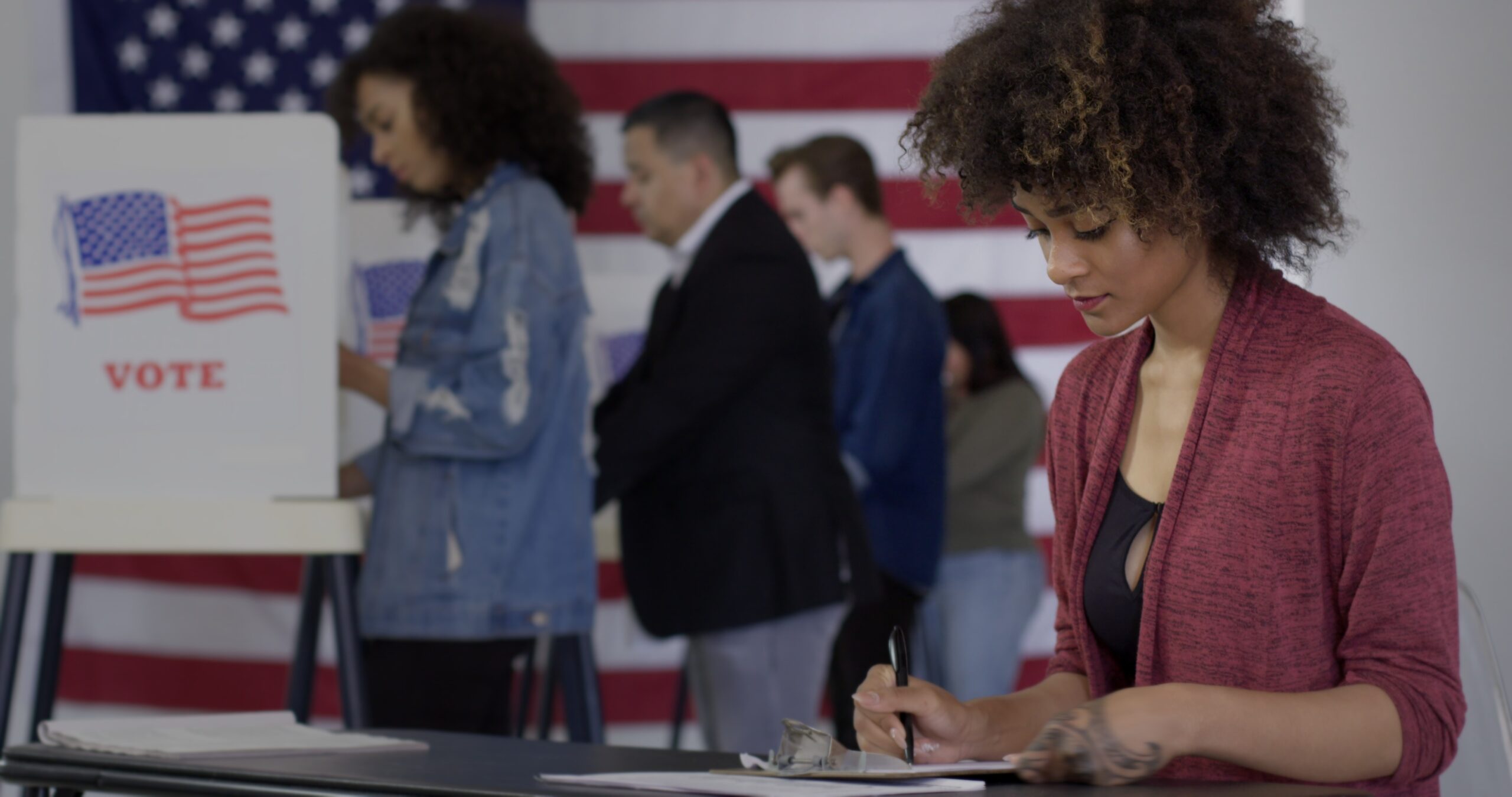Jefferson Votes, a community collaboration to inspire voter participation
Foundation Background and Mission
The grantmaking from Jefferson Regional Foundation (JRF) addresses the social determinants of health in the South Hills and Mon Valley areas of Pittsburgh with a focus on health and wellness, diversity, equity and inclusion, workforce and economic opportunity, civic engagement and policy work, early childhood and youth development, and capacity building.
JRF seeks to nurture and elevate the work of its nonprofit partners through community engagement and data to help inform decision making. These efforts are highlighted by facilitating the Foundation’s convening initiative, the Jefferson Community Collaborative, a network of more than 100 community-serving organizations who serve within its region. The Collaborative was launched in 2015 when the Foundation committed to investing resources on behalf of nonprofits who operate beyond the city of Pittsburgh, where transportation can be a barrier, as a result of nonprofits’ expressed desire to connect, share resources and build organizational capacity. The Collaborative serves as an incubator for powerful ideas and promising practices and facilitates group action on community aspirations.
The Approach
In 2022, nonprofit partners of the Jefferson Collaborative recognized the need to mobilize community residents in nonpartisan civic engagement activities following efforts to organize stakeholders during the 2020 Census. The coalescing by nonprofit partners was named Jefferson Votes. Community partners came together to support this nonpartisan work in the region with an objective to leverage local organizations as trusted community resources and to inspire Jefferson area residents to participate in the election process.
The goal of the civic engagement work was to:
- Strengthen organizations’ ability to increase voter registration and participation.
- Ensure that the Jefferson community is confident, comfortable, and informed about the process of voting.
- Increase and sustain regional interest and enthusiasm in civic engagement.
The core components of Jefferson Votes included:
- “Voter Engagement Champions” program which recruited 47 volunteer organizations through a simple application to engage in one or many actions leading up to the November election. As part of the program, the volunteer members would register people to vote, ensure that registered voters made it to the polls, or ensure voters mailed in their ballots.
- Training workshops provided to Voter Engagement Champions to outline how civic engagement plays a critical role in community health and well-being.
- The development of a website toolkit of resources from election guides to sample posters, emails and social media posts were provided to “Voter Engagement Champions” to utilize in voter engagement efforts.
- Mini grants awarded by the Jefferson Regional Foundation to nonprofit organizations to conduct voter engagement work. A total of 13 organizations received $1,000 each to host voter registration events, canvass, transport residents to the polls, and to conduct outreach aimed at increasing voter turnout.
Thinking about starting a voter engagement initiative? Here are some tips and best practices:
- Start early: It’s important to have the voter information, resources or grant support sooner rather than later so organizations can access the information and share it with the community.
- Peer-to-peer conversations: When setting up training or learning programs, include peer-to-peer conversations, in addition to bringing informative speakers. Peer-to-peer conversations allow organizations to share the work they are doing, receive feedback, and explore collaboration opportunities.
- Build the toolkit: Creating a single place with comprehensive, open-sourced resources provides organizations with a starting point to custom materials for their community or to simplify their work and use the tools in their entirety. When building toolkits, be sure to include a simple election one-pager with key dates and information, as well as sample posters and social media posts that allow organizations to readily access and use the information.





